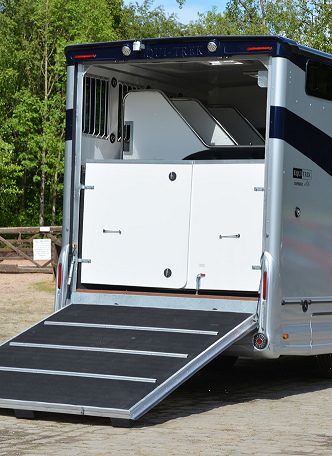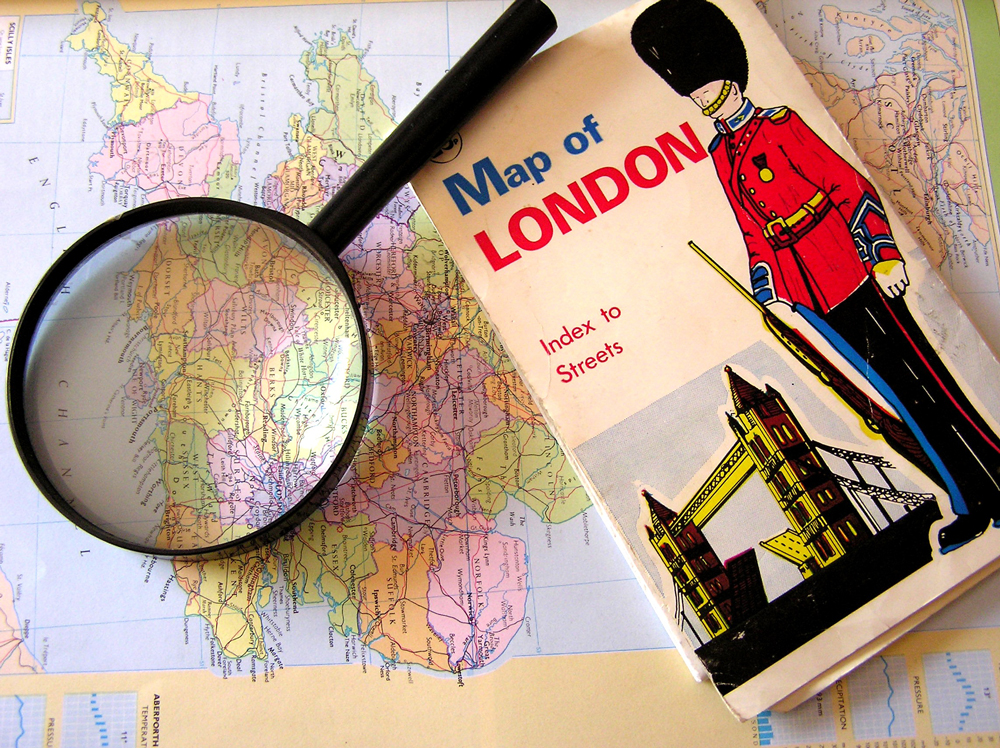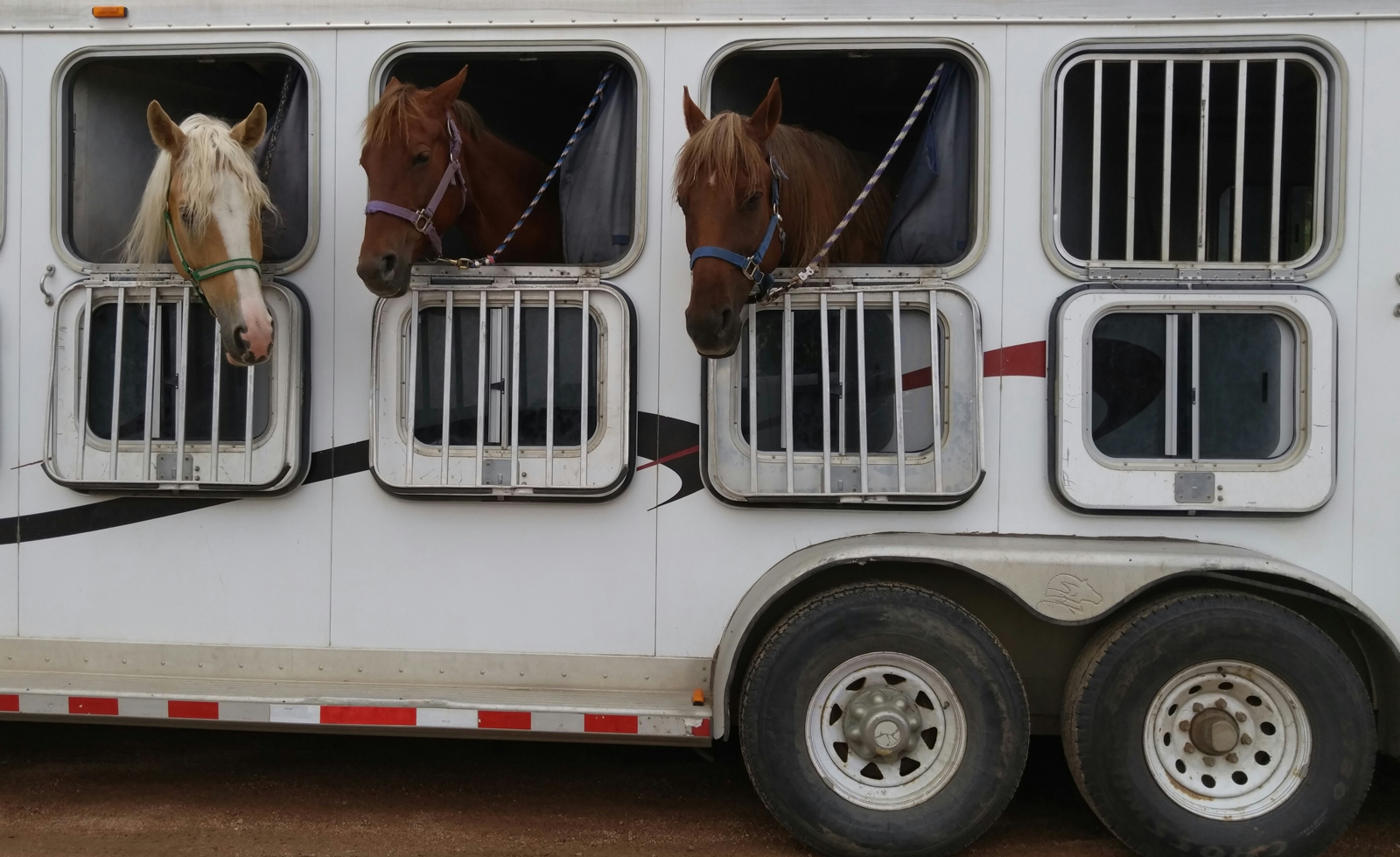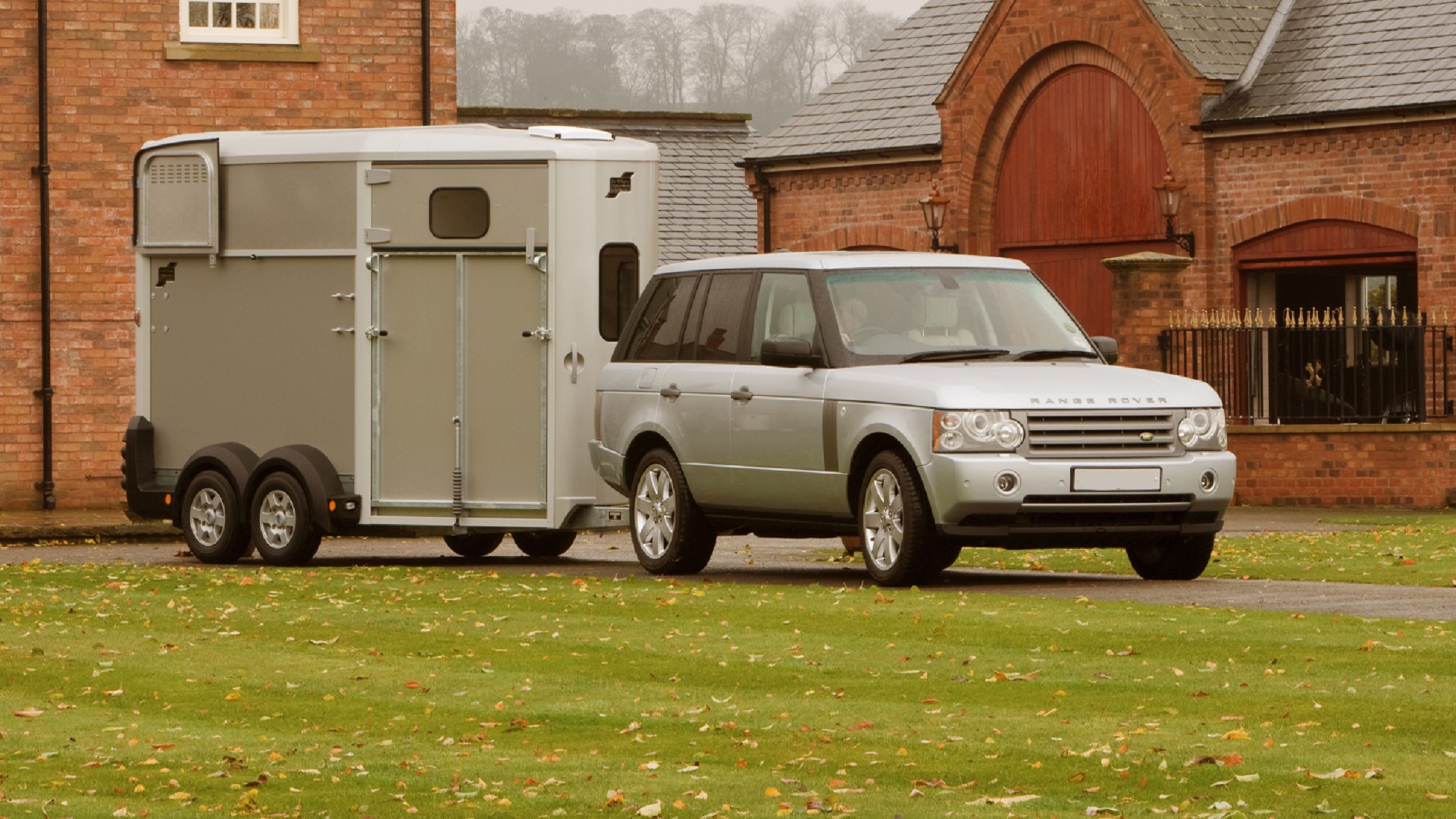Owning a horse is an enjoyable and mostly stress-free experience. But whether your equine friend is a champion show jumper or a dependable hacking companion, there is a good chance they will have to be transported at some point.
Once you have secured both horse insurance and horse trailer insurance to cover the journey, you then need to turn your mind to the practicalities of moving your equine from A to B. How are you going to transport your horse safely?
Whether it is an occasional trip to visit a farrier or a more frequent journey to attend show-jumping events, travelling can be a stressful experience for your horse.
With stress often a contributory factor in the most common transport-related dangers such as traumatic injuries, respiratory problems, colic, laminitis and heat stress, keeping these spirited animals calm is essential.
Here are some top tips to ensure that whatever journeys you take in your lives together they will be as stress-free as possible.
-
Trailer tips
The first thing you need to ensure is that you have selected a trailer that suits your horse’s size and temperament.
One that allows the horse to lower its head is preferable as this can make a significant difference to stress levels.
When choosing a trailer it’s also important that you’re fully protected with a comprehensive horse trailer insurance policy to keep both you and your equine protected against any accidents or incidents while you’re out on the road.
To provide a safe and comfortable journey the trailer should be of good construction, with non-slip rubber flooring, padding on the partitions, and a ramp with a shallow angle.
That way a horse is less likely to become stressed and suffer injury either during loading or travel.
-
Patience (and practice) makes perfect
The next hurdle is loading your horse on to the trailer. Never leave it until the last minute and never when you are in a rush and have little time.
There are many different ways to load a horse but remember to take one step at a time and remain calm, particularly if your horse is young or inexperienced.
Once your horse is happy loading, move onto short trips and avoid making your first trip to a big event.
By remaining patient and calm, the end result will be that both you and your horse are happy to travel, wherever your final destination.
-
Route planner
Less time travelling means less stress for your horse, so take the time to plan your route thoroughly.
On long journeys, make sure the horse can lower their head.
They will be grateful and this also helps decrease the danger of respiratory disease.
Avoid times of day where there might be extremes of heat or cold. Night time is a popular time to travel because temperatures will be lower during hot weather, traffic tends to be lighter (thereby avoiding repeated stops and starts), and horses are often more relaxed during the evening.
Plan frequent breaks to offer water and hay. It is important that horses can still eat on long journeys. Dehydration can also trigger respiratory problems and increase the risk of colic.
It is also wise to highlight where vets are along your route, just in case.

-
Dress for success
During loading and the journey itself your horse should wear protective clothing to prevent injury and to ensure that they stay safe and comfortable.
Use sweat and cooler rugs to stop your horse becoming chilled while travelling. However, beware of over-rugging your horse as unnecessary sweating and overheating can lead to heat stress. It is always better to be too cool than too warm.
With all of the above equipment, it is essential that your horse is happy to wear it and is able to move comfortably in it before travelling. Time spent getting them used to wearing this equipment is not time wasted.
-
A breath of fresh air
Avoid stress and respiratory problems by allowing adequate ventilation and cleaning out the trailer regularly en route.
Remember that while it is important that horses eat during long journeys, try to limit the amount of breathable contaminants in the air.
In particular, make sure that hay and bedding is as dust-free as possible. You could soak the hay in water before being loaded on to the trailer for feeding during the trip.

-
Know your horse
You know your horse better than anyone and a change in the way a horse behaves can be an early sign of illness or injury.
Unless you’re travelling to a vet, avoid transporting even a slightly sick horse, as the stress of moving is likely to make the horse feel worse. This is a particular danger for horses with respiratory illnesses.
During the journey your horse’s behaviour should be monitored regularly and additional help sought if they become very stressed.
-
Slow and steady
The abilities of the driver can have a huge impact on your horse’s stress levels. Do not assume that you can tow a horse trailer without changing your normal driving style.
Think about the experience for the horse; how and when you brake as well as considerations of cornering, stopping and accelerating will all make or break a good trip. Better to arrive late but fresh and settled.

Essential trailer checks to do before you travel
Before you set off, use this handy checklist to be sure that your horse trailer is safe and road-worthy.
- All lights are in working order.
- Brakes are fully operational.
- Tyre pressure is to manufacturer’s suggested levels.
- Check the spare tyre is reachable and inflated.
- Doors and vents fully open and close and can be locked securely.
- Trailer floor and loading ramp are undamaged and complete.
- Any rubber mats are flat on the floor to avoid tripping hazards.
- Emergency brake box tested and in full working order.
- Horse trailer jack as well as tire chocks (to prevent accidental movement when stationary) are stored away.
Is your horse trailer insurance up to date? Get a quote from Equesure today.







